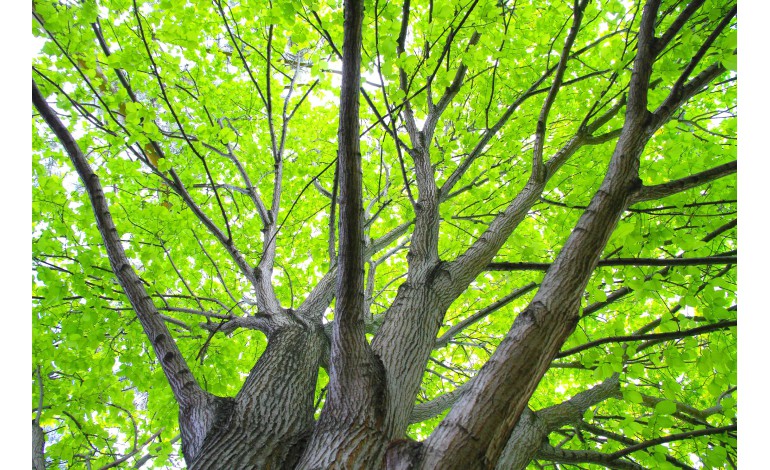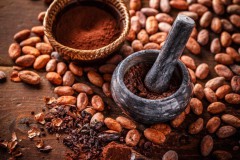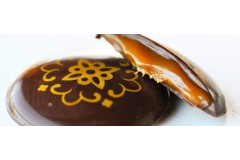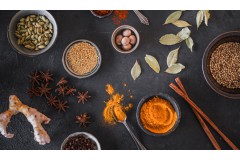Today there are several notions about "green" packaging, more virtuous for the environment. It is sometimes poorly easy to see clearly between the concepts of biodegradability, compatibility, recyclability and bio -based. Let's take a little overview on these concepts.
Some definitions first of all: biodegradability: biodegradability will be applied for an organic product that can decompose in a favorable environment and under the action of microorganisms. It will therefore decompose naturally depending on the conditions of temperature, humidity, light or oxygen. Its decomposition should not be harmful to the environment. Thus, a tree leaf is biodegradable (about 3 weeks) while a plastic bottle not (approximately 400 years) Today it is prohibited to mention this concept on a packaging. The definition of the biodegradable term is not subject to any scientific consensus. This technical and legal vagueness is harmful in the fight against plastic pollution. It will therefore be forbidden to affix this mention on the products and packaging on January 1, 2022 http://www.assemblee-nationale.fr/ Dyn/15/Amendments/2274/Cion-DVP/CD966 compostable: French law speaks of composting to designate the "biological treatment of organic waste by aerobic fermentation allowing compost to be obtained". A compostable product is therefore biodegradable, but the reverse is not necessarily true. The EN 13432 standard specifies that, for a product to be compostable, 90 % of its initial dry mass must have been biodegraded in less than 3 months. composting must be carried out in dedicated (domestic or industrial) installations. In an industrial way the compostable is helped by favorable conditions (temperatures between 70 and 80 ° C) Most of the packaging offered on the market today are compostable in an industrial way. They are mainly made with corn or potato starch. An effective decomposition must indeed be carried out in an industrial composter with special conditions (oxygen, temperature). This is a process that can take several months even when good conditions are met. This regularly feeds posts that we see on social networks or a biodegradable bag or a coffee capsule (made of corn starch or potato starch, etc.) does not disintegrate not in a domestic compost or in the earth. The conditions of disintegration are not met and your capsule or bag will always be there. The consumer is faced with a fallacious argument making him believe that he can throw this in his compost or in nature and that the solution is virtuous. Compostable absolutely does not mean that we can naturally throw this product in nature. You can only put the packaging in your domestic compost where this notion is specified. We will particularly note the ok compost home label which guarantees that your product can go to your compost. biosourced: This notion does not indicate the destination of your packaging after use. It only indicates that the raw materials used are of biological origin (plant, animal, algal, residual).
As well as the concept of blurred biodegradability, it will be prohibited for plastic packaging on 01/ 01/2022 to affix the concept of composibility.
https: // www .Legifrance.gouv.fr/CODES/ARTICLE_LC/LEGIARTI000041555718/2022-01-01
recyclable: a product is recyclable when it can, at the end of its first use, be reintroduced in the making of another product. (Metal, steel, cardboard, paper, glass, plastics, etc ...)
It is a millennial practice which aims to reuse the raw material of an object to make another. In clear progression in our country, we reached, in 2019, 69% of household packaging which is recycled.
https://www.citeo.com/le-mag/ Les-chiffres-du-Recyclage-en-France/
Paper/cardboard are the most virtuous packaging in terms of recycling carbon footprint. Contrary to popular belief, glass is the worst energy consumer for recycling (on average 4 times more CO2 and energy issuer than to recycle paper/cardboard) this is due both to its weight and cost of transport, storage and energy necessary to merge it.
to sum up simply:
Biodegradable : Organic object (living matter: plant, animal, etc.) which degrades in nature with a notion of time. Prohibited today on packaging.
compostable : object that is biodegraded, in less than three, less industrial or natural. The majority of compostable packaging are industrially and not naturally.
recyclable : object whose material is reused to make another.
 ?
?
our orientation:
We have chosen recycling. Recyclable packaging with a material based on cellulose:
-
The paper comes from forestry (forest) requiring less maintenance and no input unlike the crop of corn or potato. -
The paper will be used again for another use. It can be recycled 5 to 6 times by being much less energy -consuming than recycling of glass or that of plastic -
paper represents a non -least interest in terms of weight. A box of spices at Max Daumin weighs approximately 40g gross weight. A glass jar about 150g gross weight. We reduce the transported weight and its carbon corollary by 2/3. -
We only calm the sending of our packages very little; Only with Kraft paper, our cardboard boxes and paper berlingots are not fragile. No need for bubble paper or polystyrene setting. We love the box, moreover we systematically reuse all the boxes of our suppliers for all BtoB shipments. -
The 10 Berlingots of a box represent a 2/3 over -assessment of an A4 80G sheet. That's all. It allows you to fully keep your spices without them deteriorating. Spices are mainly imported import products with an average of 10 to 15,000 km of transport, it is a shame to overdose or even waste such a product, having stayed for too long in our cupboards. Your Berlingot fully preserves your spice.
We do not want to maintain the concept of waste philosophically. An object must be used, recycles and will serve again.
Ultimately we will still develop our berlingots to reach 100% cellulose and this with the same barrier qualities in order to fully protect the so subtle scents of a freshly ground spice.
max Daumin
Epices Max Daumin
or 2017-2018 silver 2020-2021 bronze 2019 | National grocery trophy
Artisan producer of the Culinary College of France 2021



